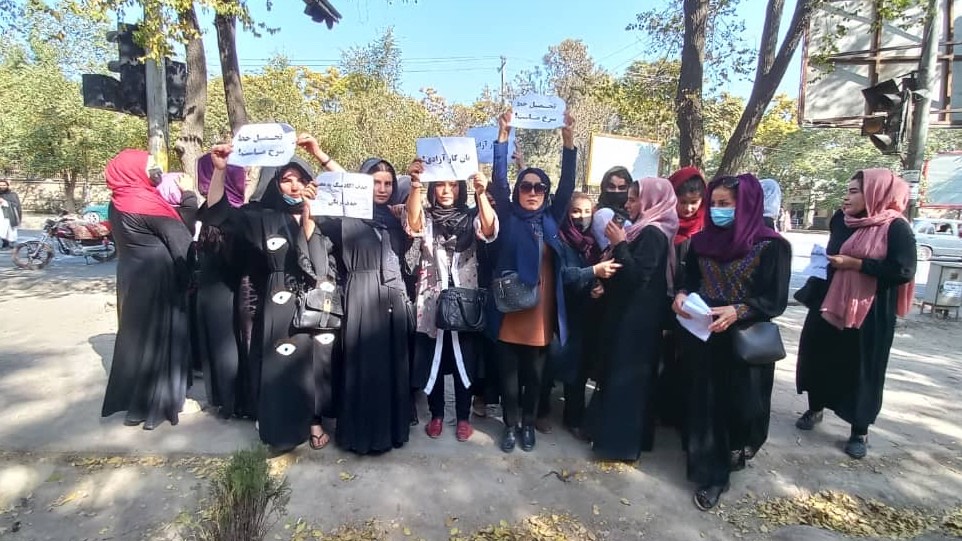Afghanistan ranks lowest on global women’s status index

Afghanistan finds itself at the very bottom of the rankings among 177 countries in terms of the status of women, as revealed by this year’s Women, Peace and Security (WPS) Index, launched on Tuesday in New York.
Denmark stands atop the 2023 rankings as the best country for women, scoring over three times higher than Afghanistan, which ranks at the lowest position. Yemen secures the second-lowest position, with the Central African Republic occupying the third spot on the global list.
The WPS Index’s fourth edition emphasizes that societies that empower women tend to be more peaceful, democratic, prosperous, and better equipped to confront the challenges posed by climate change.
Published by Georgetown University’s Institute for Women, Peace and Security (GIWPS) and the Centre on Gender, Peace, and Security at the Peace Research Institute Oslo, the WPS Index relies on established data sources to assess women’s inclusion, justice, and security in 177 countries. The Index employs 13 indicators to gauge women’s status, covering various aspects from education and employment to laws and organized violence.
This year, the United States secures the 37th spot, scoring similarly to Slovenia, Bulgaria, and Taiwan within the second quintile.
Elena Ortiz, the lead author of the WPS Index, commented, “With its scores, rankings, and robust data, the WPS Index offers a valuable tool for individuals working on women, peace, and security issues. Policymakers can utilize it to pinpoint areas in need of resources. Academics can study trends within indicators and across regions. Journalists can use it to provide context and perspective to their stories. And activists can employ it to hold governments accountable for their commitments to advancing women’s status.”
All of the countries at the bottom of this year’s Index, the bottom 20, have experienced armed conflicts between 2021 and 2022. In most of these nations, over half of women reside in close proximity to conflict zones.
“Since 2021, Afghanistan has retained the dubious distinction of being the worst place in the world to be a woman. Afghan women wake up each day to a lack of job opportunities, educational opportunities, and autonomy over their lives. This report should serve as a wake-up call to world leaders that a nation of women is in dire straits,” said Torunn L. Tryggestad, Director of the Peace Research Institute Oslo’s Centre for Gender, Peace, and Security.
The WPS Index underscores the inconsistency observed in various countries regarding women’s well-being. For instance, Vietnam ranks 24th in terms of women’s security but ranks 154th in justice for women. The report highlights that there is room for improvement in all countries and helps identify areas where women face disadvantages and require attention.
The fourth edition of the WPS Index also presents a subnational analysis of Colombia, with WPS Index scores calculated at the provincial level. Despite the 2016 Peace Agreement, two-thirds of Colombian women live within 50 kilometers of conflict zones. Provinces most affected by conflict and those with higher Indigenous and Afro-Colombian populations tend to score lower on the WPS Index.
Ambassador Melanne Verveer, Executive Director of the Georgetown Institute for Women, Peace, and Security, commented, “The world is witnessing a growing number of conflicts. Simultaneously, there is a rise in authoritarianism aimed at curbing women’s progress. The Index reminds us that there is a direct correlation between the well-being of women and the well-being of nations. Investments in advancing gender equality are also investments in peace, security, and prosperity.”
No comments:
Post a Comment